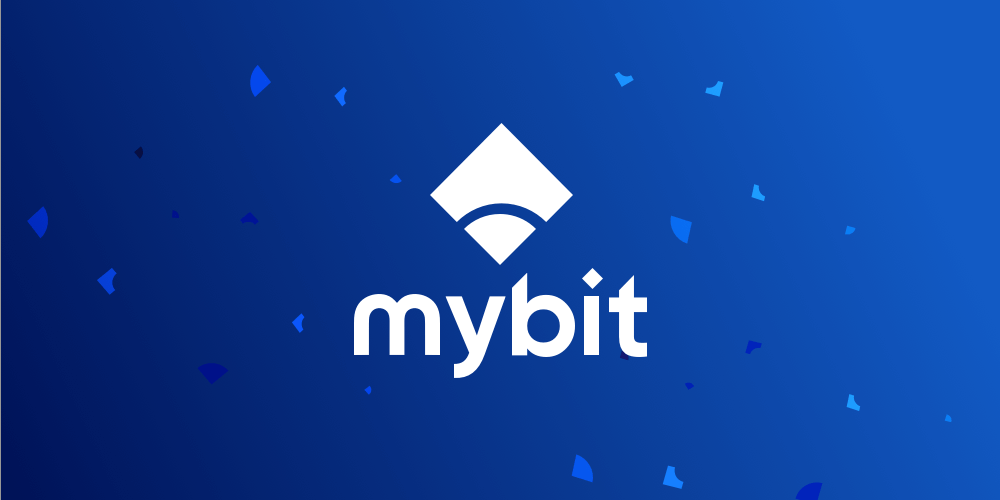
MyBit, an Internet of Things (IoT) investment ecosystem, has announced that it has signed a partnership with smart technology company Ability Concept and is gearing up to launch the world’s first decentralised asset exchange, MYDAX, for the future machine economy.
The Swiss-based company enables anyone to invest in revenue-generating IoT devices. These include the likes of robotics, autonomous vehicles, smart property including co-working spaces and storage units, drones, cryptocurrency ATMs and cryptocurrency mining, and 3D printers.
Just as the blockchain is revolutionising the way industries work, so too is the IoT ecosystem. So much so, that by 2050 ‘50 billion IoT devices will generate an astonishing $11 trillion in revenue,” said Ian Worrall, CEO of MyBit. By 2030, the industry is expected to reach $9.5 trillion, generating billions of dollars in revenue.
Not only that, but according to Joost Toornend, CMO at MyBit, the company envisions a future where IoT takes over.
“We can see that already with 30 percent of all jobs being severely affected by automation by 2030,” Toornend added, speaking to CoinJournal.
The partnership with Prague-based smart bench provider Ability Concept is its second with a smart technology company. Back in December, MyBit announced that it was teaming up with Dubai-based smart tech company Arabco. The company has a deal in place with the Government of Dubai and the Smart City Initiative backed by His Highness Sheikh Mohammed bin Rashid Al Maktoum. The deal ensures that the Steora Smart benches are installed by Arabco throughout Dubai.
Its latest partnership with Ability Concept means that it has now teamed up with smart bench providers in the Middle East and Central Europe. According to MyBit, these are the two biggest markets for smart benches in the world. With cities rapidly changing, particularly when it comes to smart technology, governments, authorities, and researchers are working on ways to implement smart city solutions. Year on year, sustainable products, harnessing renewable energy and solar power, and the connection of public charging and WiFi are growing.
For the MyBit community where investments in IoT devices is a key part of its ecosystem, this is a win-win situation. As Ability Concept currently places smart benches in nearly every location in Europe, users can invest and own a share of one of those smart benches, according to MyBit. Any revenues generated, such as WiFi subscriptions or ad revenues, are automatically distributed to the investors using Ethereum smart contracts.
“It’s another step towards a future where decentralised investments are the new normal,” MyBit said.
By democratising financial services so everyone has equal access to investment opportunities, MyBit is working at redefining the way people generate income. With the IoT ecosystem set to disrupt the working economy, MyBit is of the opinion that everyone should have the chance to participate in this revolution.
Through its decentralised asset exchange for the IoTs, MYDAX is aiming to set a new definition for the word investing. During Q3 2018, MyBit is expected to release a private alpha version of MYDAX, with plans to launch the public beta toward the end of the year. Speaking to CoinJournal, Ashley Halladay, creative lead at MyBit, said that at this point anyone will be able to go on to the platform and invest in IoT devices.
The exchange will enable users to buy, sell, and monitor assets, where it’s no longer a case of having to wait days, weeks, or months to liquidate investments. According to MyBit, MYDAX will do this in seconds. It also makes investing in a market easy at just a fraction of the costs without any financial intermediary. MyBit only takes one percent revenue compared to 20-30 percent from traditional funds.
“From a UX perspective we’re trying to make it as user-friendly as possible,” said Halladay. “A lot of the things you expect to see on a cryptocurrency exchange or DApp, we’re trying to streamline behind the scenes.”
Watch our full interview with the MyBit Team from CoinFest UK below

